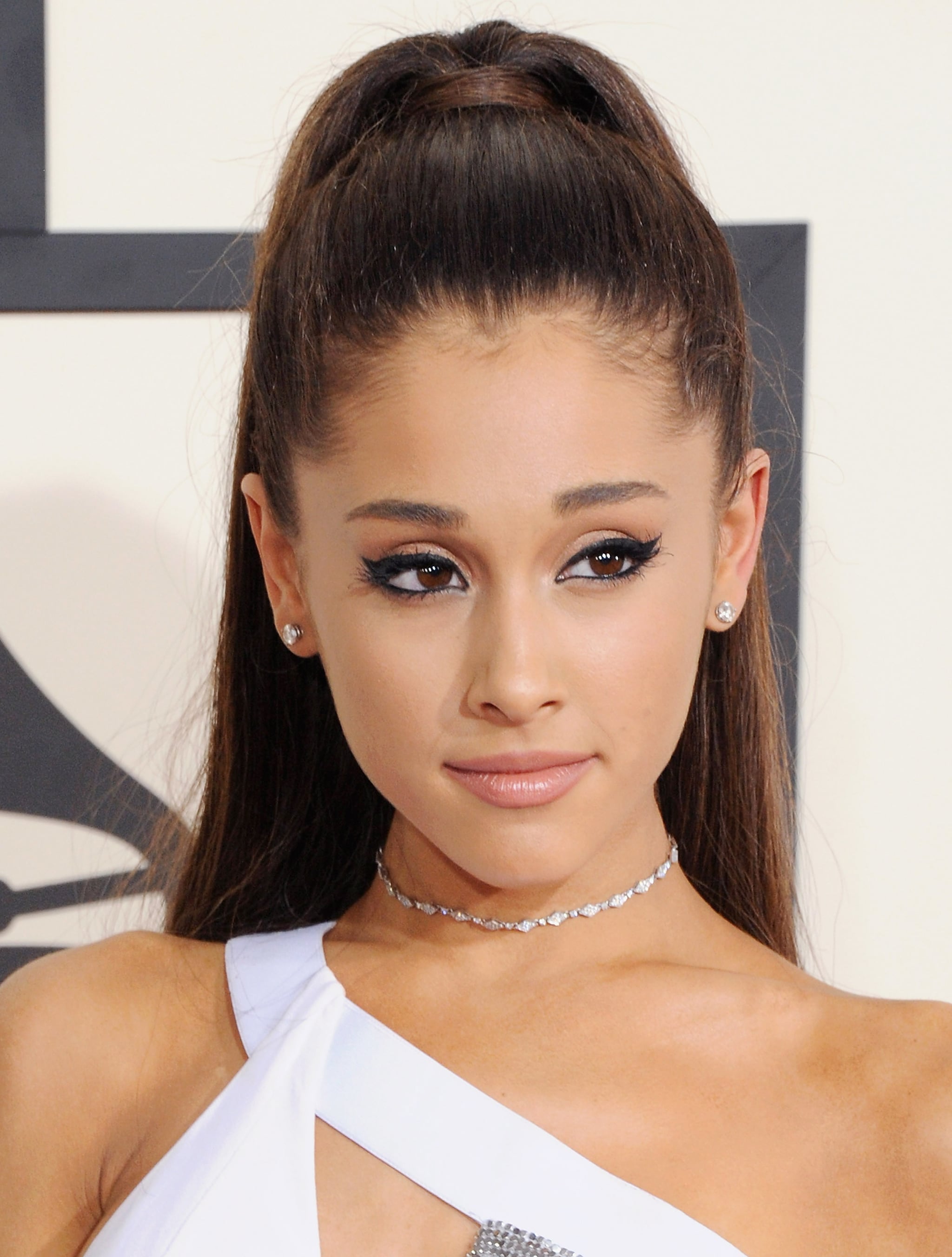Is the internet a safe space for celebrities? A bold statement reveals that it often isn't. In recent years, numerous high-profile leaks have shaken the world of entertainment, exposing private moments and compromising images. One such incident involving Ariana Grande sparked widespread controversy and debate over privacy rights in the digital age.
The leak referred to as Fappening brought attention not only to Ariana Grande but also highlighted broader issues regarding unauthorized distribution of intimate content. Despite being one of the most followed personalities on platforms like Instagram—with millions tuning into her life through social media—her personal boundaries were violated when explicit material allegedly linked to her surfaced online. This event became part of an alarming trend where famous figures become targets for hackers seeking sensational content.
| Bio Data | Details |
|---|---|
| Full Name | Ariana Grande-Butera |
| Date of Birth | June 26, 1993 |
| Place of Birth | Boca Raton, Florida, USA |
| Profession | Singer, Songwriter, Actress |
| Education | Attended North Broward Preparatory School |
| Career Highlights | Debut album 'Yours Truly' (2013); multiple Grammy nominations; successful acting career including roles in 'Victorious' |
| Official Website | Ariana Grande Official Site |
Platforms such as Pornhub, XNXX, and others capitalized on the situation by hosting what they claimed were leaked materials related to Ariana Grande. These sites faced backlash from both fans and legal entities who demanded accountability for distributing potentially illegal content. However, due to the nature of these operations, enforcement proved challenging, leading to further discussions about regulation within the adult entertainment industry.
Amidst this turmoil, Ariana Grande continued to build her empire undeterred. Her influence extended beyond music into fashion collaborations, perfume lines, and even philanthropy efforts aimed at supporting causes close to her heart. Yet, despite her professional triumphs, the stigma associated with the leaks lingered, affecting how some perceived her public persona.
TikTok emerged as another platform where unauthorized clips circulated under misleading titles or tags referencing Ariana Grande’s name. The app’s algorithmic structure made it easier for such content to spread rapidly among users unaware of its origins. As a result, many young viewers encountered inappropriate material masquerading as official releases, raising concerns about parental controls and age verification processes across various applications.
In response to these incidents, several advocacy groups pushed for stricter laws protecting individuals against non-consensual pornography (also known as revenge porn). They argued that current legislation fails to adequately address the complexities involved in combating cybercrime targeting celebrities. Furthermore, they emphasized the need for greater awareness campaigns educating people about the ethical implications of sharing sensitive information without consent.
Meanwhile, Ariana Grande maintained focus on her craft, releasing chart-topping hits and embarking on sold-out tours worldwide. Fans rallied behind her, showing solidarity against those exploiting her image for profit. Social media played a crucial role in organizing support networks, with hashtags trending globally to counteract negativity surrounding the leaks.
As technology evolves, so too does the landscape of privacy invasion. What began as isolated cases has now escalated into systemic breaches affecting countless individuals regardless of status. For someone like Ariana Grande, whose career thrives on connectivity with audiences, navigating this delicate balance between openness and protection presents unique challenges.
Legal battles ensued following the initial dissemination of the purportedly leaked photos and videos. Attorneys representing affected parties pursued damages against perpetrators while urging tech companies to implement better safeguards preventing future occurrences. Some victories were achieved, setting precedents that could influence policy changes moving forward.
Ultimately, the story of Ariana Grande serves as a reminder of the dual-edged sword represented by our interconnected world. While offering unparalleled opportunities for expression and engagement, it simultaneously exposes vulnerabilities requiring constant vigilance and adaptation. As society grapples with these dilemmas, finding solutions that respect individual rights while fostering innovation remains paramount.
Efforts are ongoing to bridge gaps between existing frameworks and emerging threats posed by advancements in digital communication technologies. Collaborative initiatives involving governments, corporations, and civil society aim to establish comprehensive strategies addressing all facets of online safety. Through education, legislation, and technological innovations, there is hope for creating environments where everyone can participate freely without fear of exploitation.
In conclusion, though significant strides have been made toward safeguarding personal data, much work still lies ahead. Celebrities like Ariana Grande exemplify resilience amidst adversity, inspiring others to advocate for change. By staying informed and proactive, we contribute collectively towards building safer digital spaces beneficial for generations to come.



.jpg)
